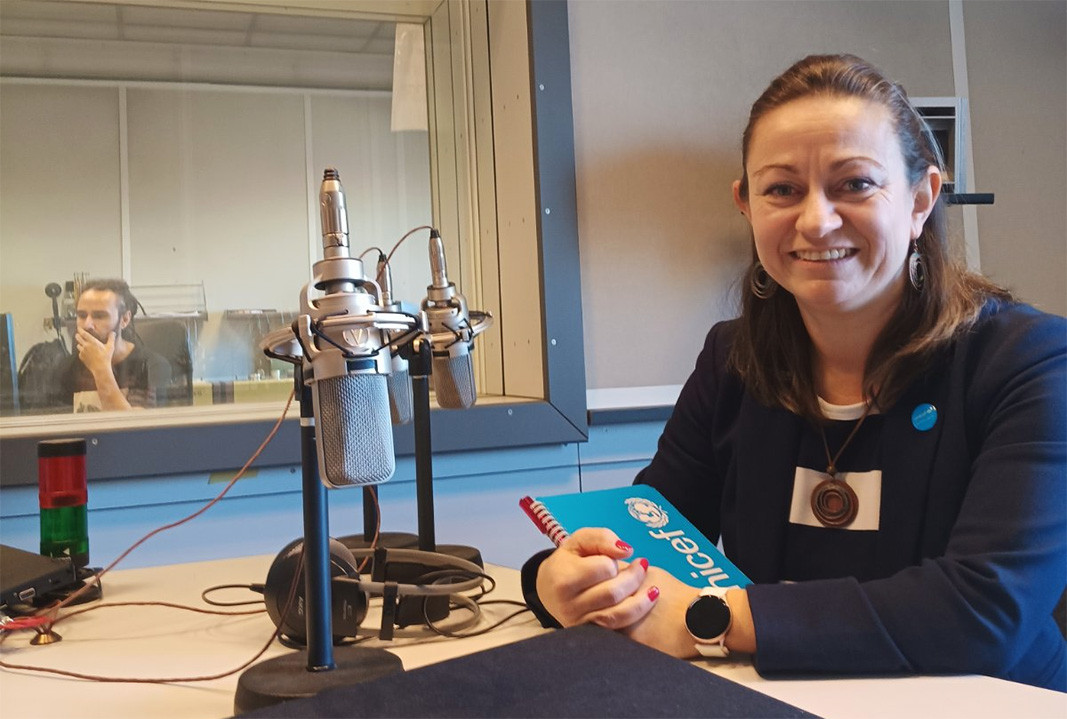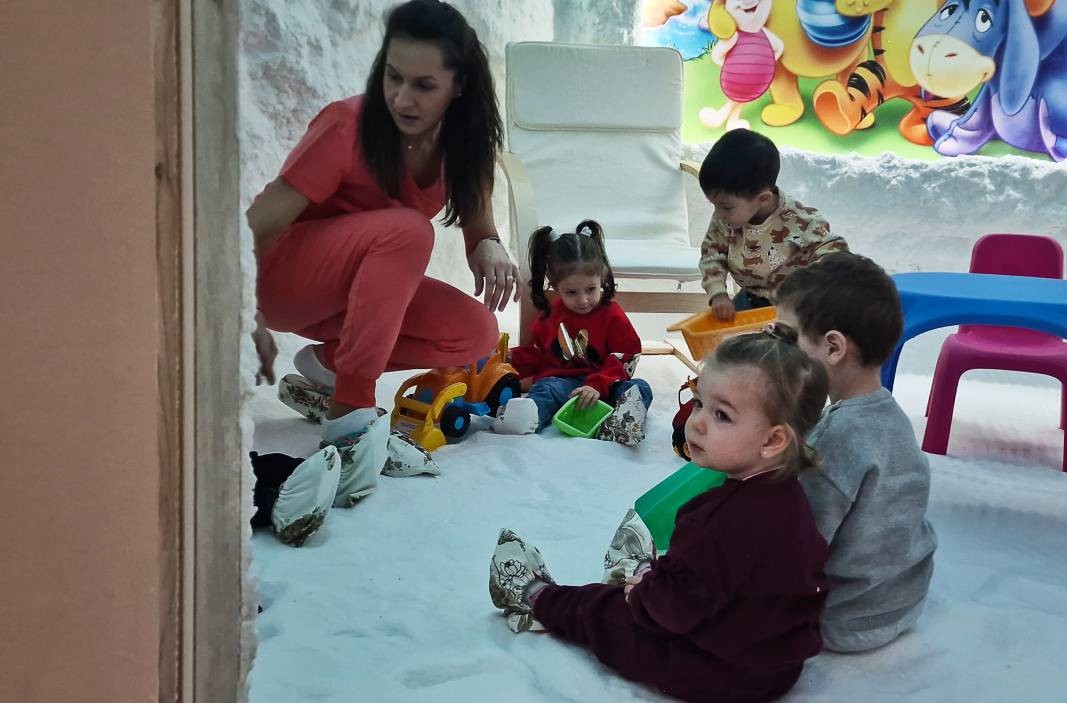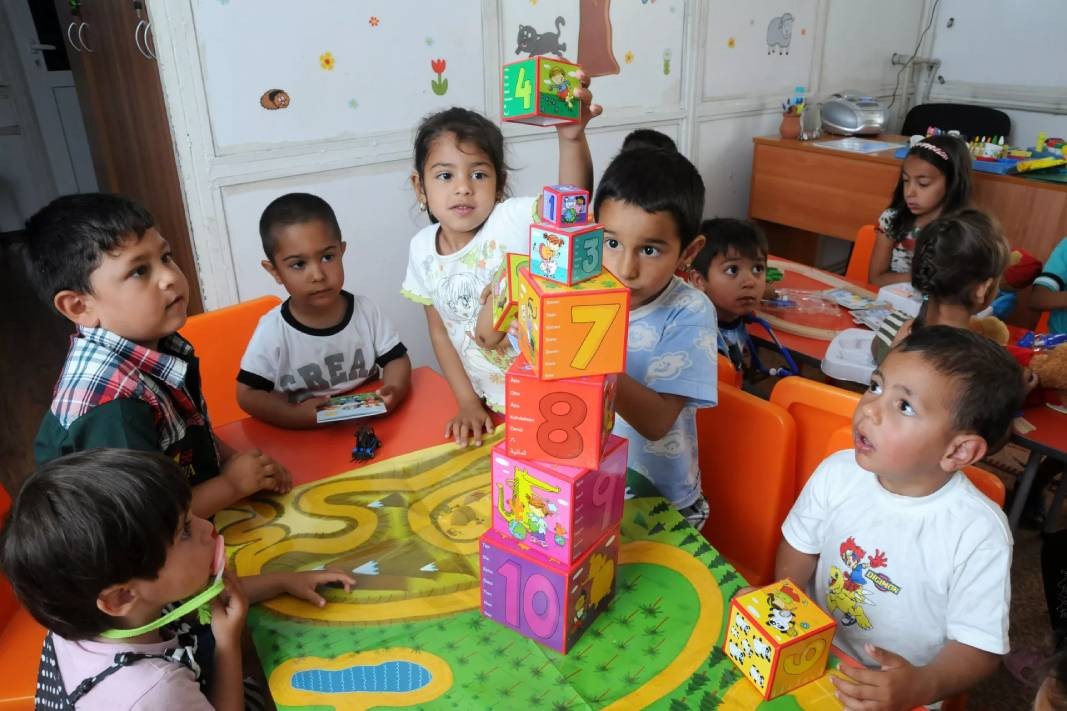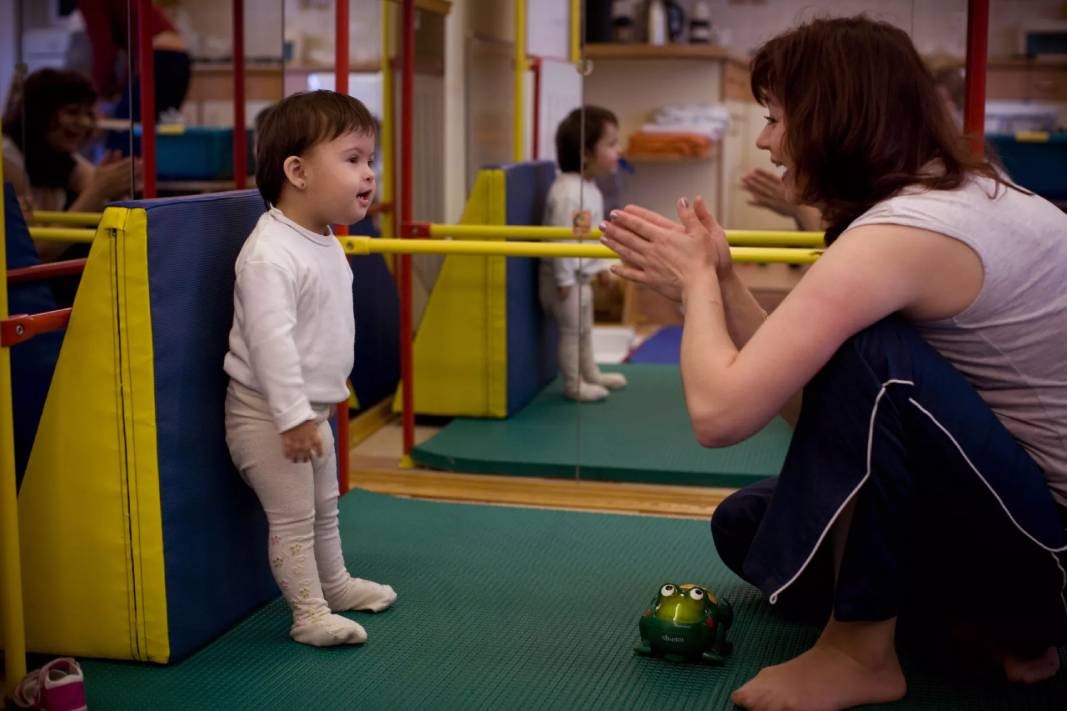The topic of quality in preschool and school education is of great importance for Bulgaria, but there is no quality standard in the Pre-school and School Education Act. Its creation is a task of the Ministry of Science and Education and it should be implemented as soon as possible. Meanwhile, with the support of the EC and partner organizations, 2 years ago the ministry launched a process for developing a Framework for quality of education and care for children in early childhood from 0 years to school entry. It is based on European standards. "This framework was created and the process stopped there. That is why the European Commission assigned UNICEF to implement a project within two years. It is aimed at improving the quality of early childhood education and care by strengthening management, monitoring and evaluation," Maria Yankova, Program Director “Education” at UNICEF-Bulgaria says:

"Currently, in Bulgaria we do not have uniform standards that guarantee the quality of care and education for children, because even though it is not clearly stated, in the age from 0 to 3 years we also have elements of education for children. The goal is to create a concept for a comprehensive system for managing and assessing quality by June 2026, which the government can then adopt. The challenges in Bulgaria are that we have a divided, or as we say – shared, system of early education and care. The nurseries are under the management of the Ministry of Health, while the kindergartens and the nursery groups to them are under the management of the Ministry of Education and Science.

Bringing these ministries to work together, as well as the Ministry of Labor and Social Policy, is part of this project, as there are also children who are educated through social services. It is important that the three ministries agree on the goals and understanding of what we need to develop in children at this age, so that they achieve success and positive results later on."

Maria Yankova lists the five main components proposed by UNICEF and approved by the Ministry of Education and Science in the Quality Framework for Early Childhood Education and Care. First is the criterion of equal access to educational institutions. Next is an assessment of the curriculum and educational results of children. Third comes the training of specialists /pedagogues, teachers/ and their professional development. Next is an assessment of the results achieved in working with children in this age group, and finally – the financial security of services aimed at preschool preparation.
"When we talk about the need to have quality education and qualified teachers, we should not limit ourselves to teachers having a master's degree, but need to determine whether their qualifications meet the needs of the children they teach," Maria Yankova says and continues:

"If teachers work on site with more children from vulnerable groups, we need to see whether teachers undergo specific training so that they can address teaching adequately to the needs of these children. If they work with more children with special needs, we need to see whether the training they undergo is specific to this. In other words, we want to look at the effect that our entire investment in education has and how this has an effect on children's results. They are the ultimate measure of quality in education. Unfortunately, all international studies show great inequalities in terms of the quality of learning and the results of children in Bulgaria. Unfortunately, they are even deepening. However, we must have a single quality standard and it must be flexible and allow for improvement in areas where there is a need, or for maintaining a good level where good results have already been reported."
Author: Gergana Mancheva
Publication in English: Al. Markov
Photos: UNICEF - Bulgaria, Gergana Mancheva
The Bulgarian minority in Romania marked a significant event with the official opening of the Bulgarian Inn in the village of Izvoarele (Hanul Bilgarilor), Teleorman County (Southern Romania)- a locality with Bulgarian roots dating back over 200 years...
The 14th edition of DiVino.Taste, Bulgaria’s leading forum for wines and winemakers, will take place from 28 to 30 November at the Inter Expo Centre in Sofia. Over 80 producers from all wine regions will participate, offering tastings of around 600 of the..
Minutes before the second and final reading, at the parliamentary budget and finance committee, of the state budget for 2026, the leader of the biggest party represented in parliament GERB Boyko Borissov halted the procedure and sent the draft bill..

+359 2 9336 661
